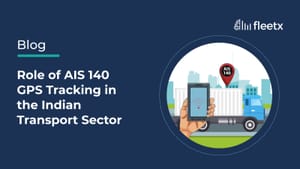Definition:
Vehicle tracking is the process of monitoring the real-time location, movement, and status of vehicles using GPS technology and telematics systems.
What is Vehicle Tracking?
Vehicle tracking involves using devices installed in vehicles to collect and transmit data such as location, speed, routes, and idle times. This information is typically accessed through software platforms that provide real-time maps, alerts, and performance analytics. Vehicle tracking is crucial for industries like logistics, transportation, and emergency services, as it enhances fleet visibility, improves operational efficiency, and ensures safety and compliance. Modern tracking systems often integrate with other technologies to offer additional insights, such as fuel usage or driver behavior.
Use Cases of Vehicle Tracking:
- Fleet Management:
Monitoring multiple vehicles simultaneously to streamline logistics and improve resource utilization. - Delivery Services:
Providing customers with accurate delivery timelines through real-time tracking updates. - Asset Security:
Preventing theft or unauthorized use of vehicles by enabling geofencing and instant alerts. - Emergency Response:
Enhancing response times by locating the nearest available emergency vehicles. - Route Optimization:
Identifying efficient routes to save time, reduce fuel consumption, and minimize delays. - Driver Performance Monitoring:
Tracking driver habits, such as speeding or excessive idling, to ensure safety and efficiency.






